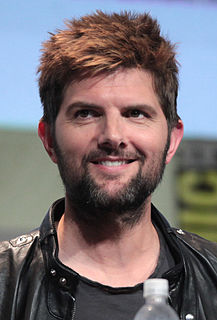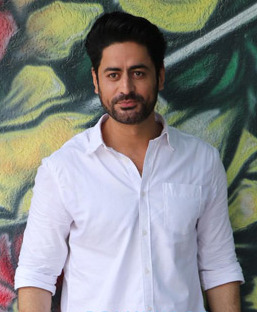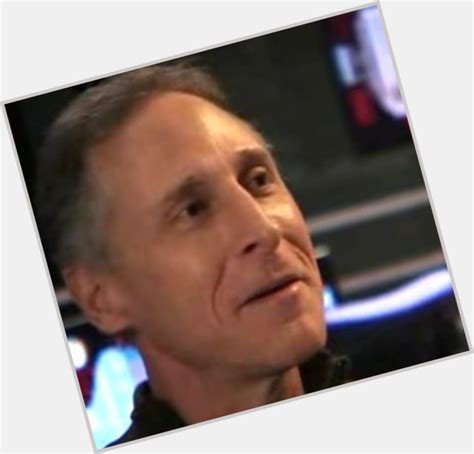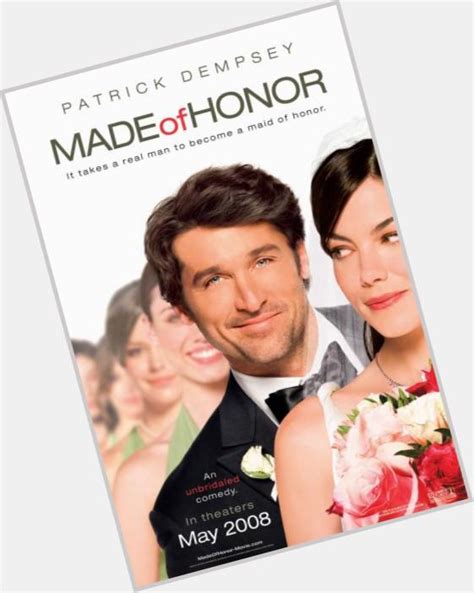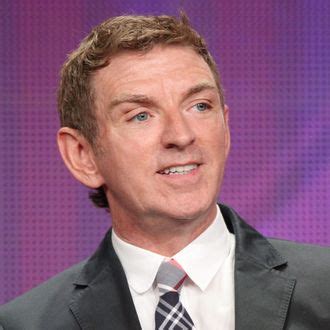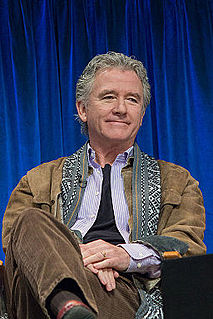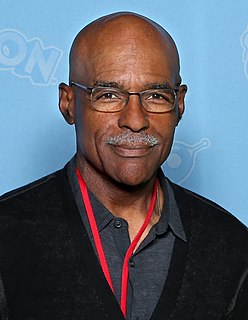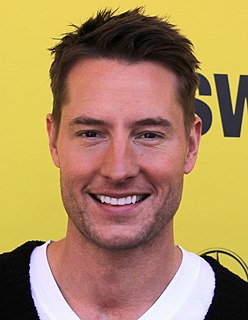A Quote by Aaron Sorkin
Well, I must tell you I write the scripts very close to the bone. So I'm writing episode seven now and couldn't tell you what happens in episode eight.
Related Quotes
I was talking to Shonda Rhimes the other day and I said, "I. Do. Not. Know. How. You. Do. This." While we're writing episode 10, episode 6 is shooting, episode 3 is in the edit, and episode 2 is in its color session...You've got seven episodes in different parts! It's a wild, wild, wild ride, which I thoroughly enjoyed. It was badass and amazing.
We do want the freedom to move scenes from episode to episode to episode. And we do want the freedom to move writing from episode to episode to episode, because as it starts to come in and as you start to look at it as a five-hour movie just like you would in a two-hour movie, move a scene from the first 30 minutes to maybe 50 minutes in. In a streaming series, you would now be in a different episode. It's so complicated, and we're so still using the rules that were built for episodic television that we're really trying to figure it out.
The one thing that we wanted to make sure in the pilot [of "Mary and Jane"] is that we could go everywhere. Part of the fun of them being a delivery service is that they go to different areas episode to episode. We do have an episode in the beach and there is an episode in the luxury rehab. It's all different kinds of things we are making fun of in LA.
The last episode of Dallas was in '1991.' Unfortunately, it was a terrible episode to end the show on: it was a sort of 'It's a Wonderful Life' with Larry as the Jimmy Stewart character. In that episode, I was an ineffectual-schlep kind of brother, who got divorced three or four times and was a Las Vegas reject.
Ron Moore. He was the guy that on our show and Deep Space Nine wrote the best Klingon episodes. He wrote great episodes in general but he wrote the best Klingon episodes. I always could tell when he was going to write a Klingon episode because he was able to grow a beard really quick and I’d see him with the beard, like a Worf-beard, and I go "Ah, Klingon episode coming up!" and he goes "Oh yeah."
On a soap opera, you'll do an episode and a half a day, and in prime time television, you're hustling to get an episode done in eight days. That's a little bit frustrating sometimes. But there's also something exhilarating about it. It's kind of like live theater in a way, where you get one crack at it.




